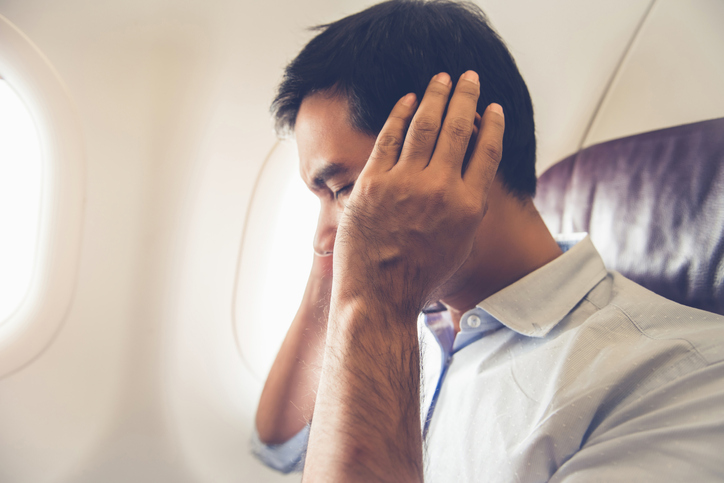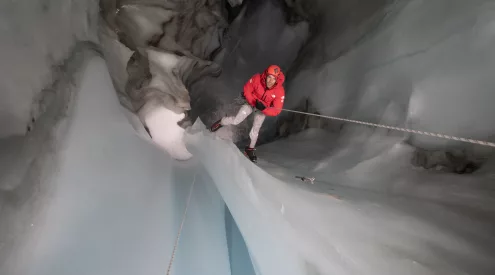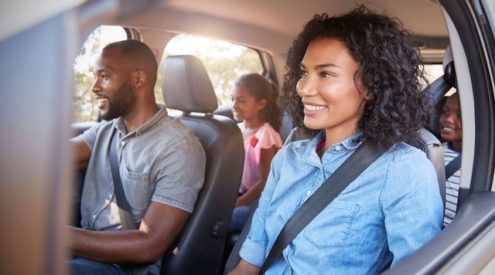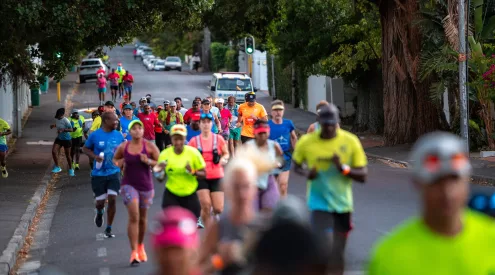A new study conducted by the Boston University School of Public Health (BUSPH) and Oregon State University (OSU) has found that exposure to even moderate levels of aircraft noise can increase the risk of inadequate sleep.

Picture: Getty Images
The study, published in Environmental Health Perspectives, found that exposure to plane noise levels as low as 45 decibels (dB) could increase the likelihood of sleeping less than seven hours every night. It is the first large-scale analysis of aircraft noise and sleep duration that accounts for the disruptive effects of multiple environmental exposures in communities, such as greenery and light at night (LAN). According to Matthew Bozigar, assistant professor of epidemiology at OSU and lead author of the study, ‘This study helps us understand the potential health pathways by which aircraft noise may act, such as through disrupted sleep.’ Health experts recommend that most adults need seven to nine hours of sleep each night for healthy functioning.
The study examined plane noise exposure and self-reported sleep disturbance among over 35 000 participants living around 90 of the major US airports, selected from the Nurses’ Health Study (NHS), an ongoing, prospective study of US female nurses who have completed biennial questionnaires since 1976. The team linked measures at multiple thresholds with the nurses’ geocoded residential addresses and found that short sleep duration was more likely among those who lived on the West Coast, near a major cargo airport or a large body of water, as well as among those who reported no hearing loss. The researchers observed no consistent association between aircraft noise and quality of sleep.
Bozigar said that more detailed ways of measuring sleep than self-reports, such as wearable activity monitors, e.g. a Fitbit, could be incorporated into future studies. ‘And we still need to design studies that include other common sources of transportation noise, such as from cars and trains, to determine the impact of each type on health,’ he added.
Follow us on social media for more travel news, inspiration, and guides. You can also tag us to be featured.
TikTok | Instagram | Facebook | Twitter
ALSO WATCH: Critically endangered frog species named after South African scientist

















